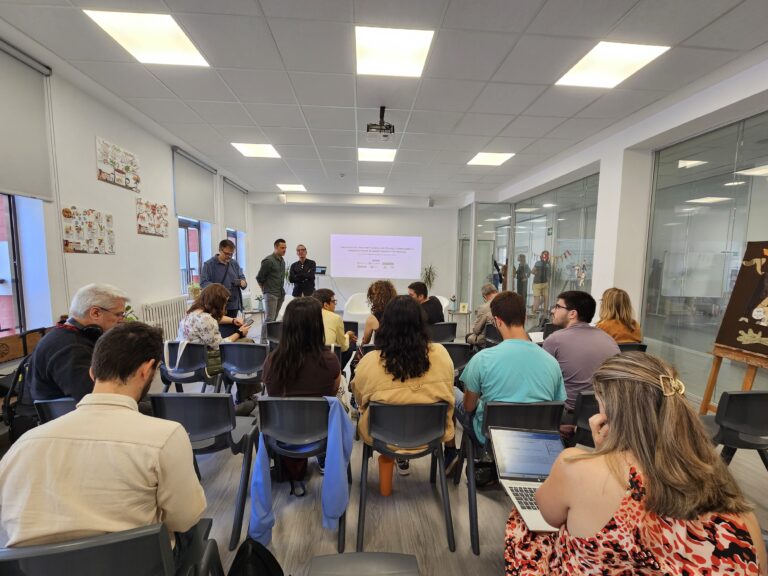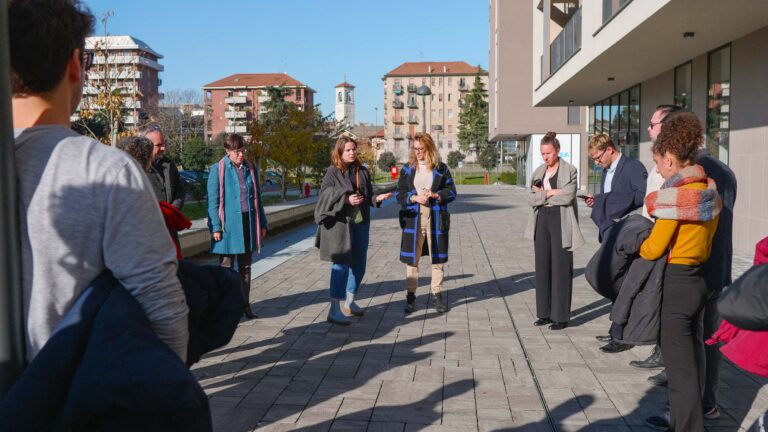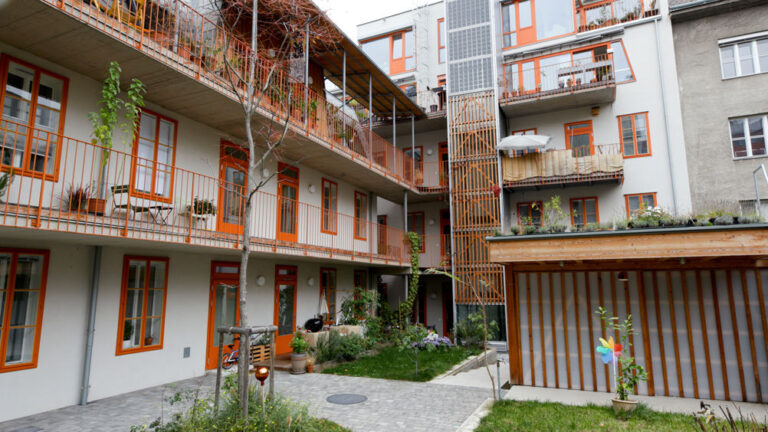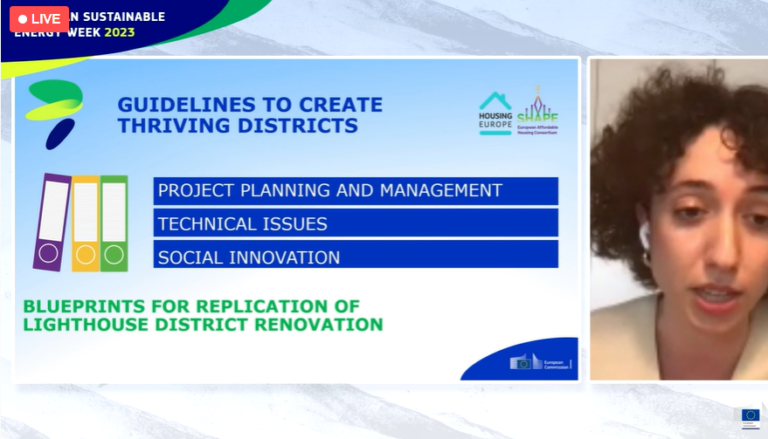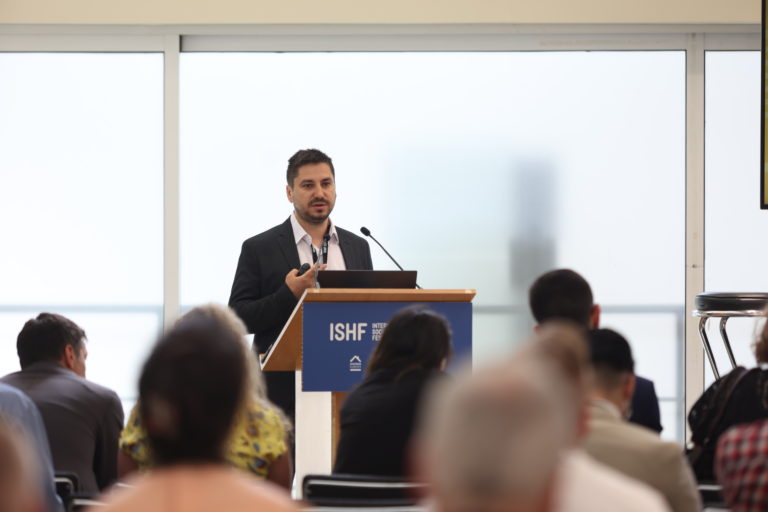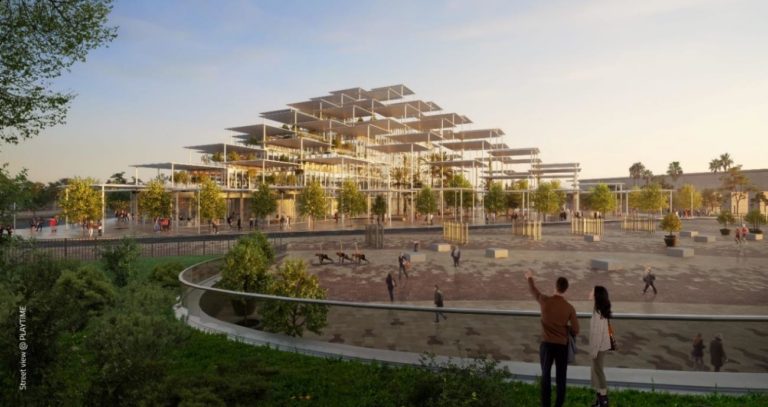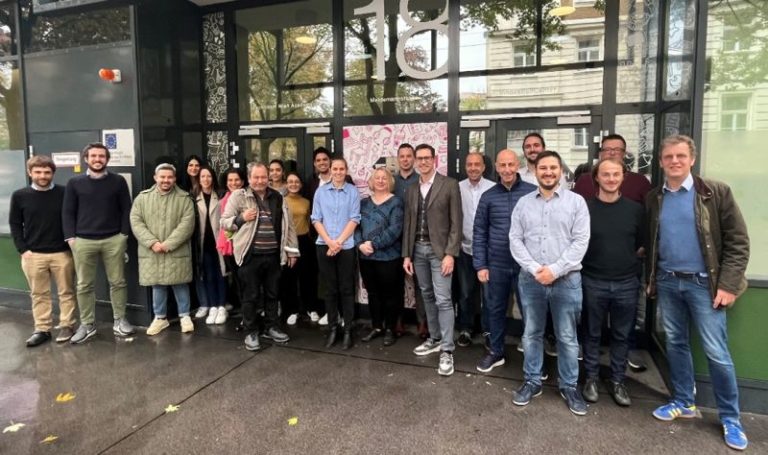According to European Commission, buildings are responsible for 40% of EU energy consumption, and that nearly 75% of people live in urban areas in the EU (or only 25% in agricultural areas).
It’s vital, then, that Europe’s cities learn to adapt to and mitigate the effects of climate change for locals. Everyone has their role to play: from researchers to local government to community leaders.
